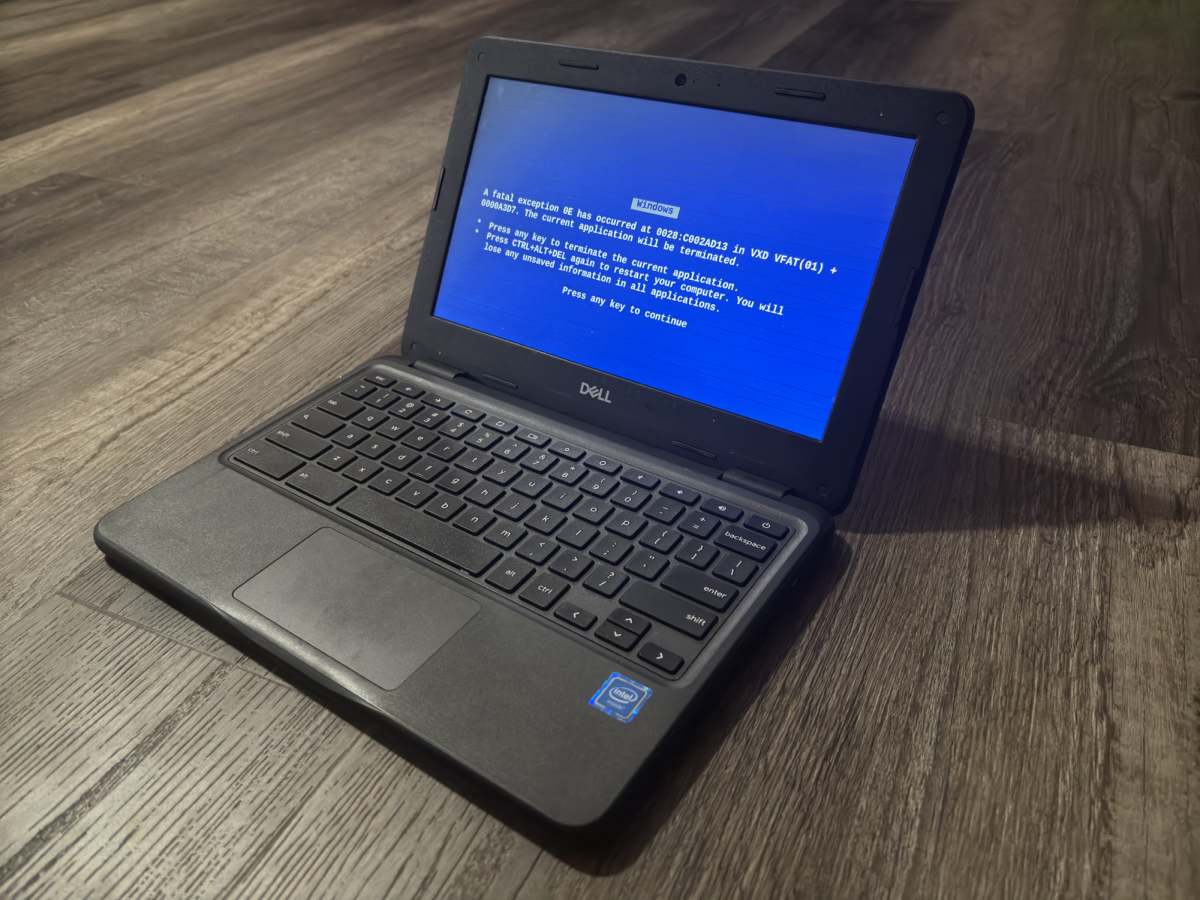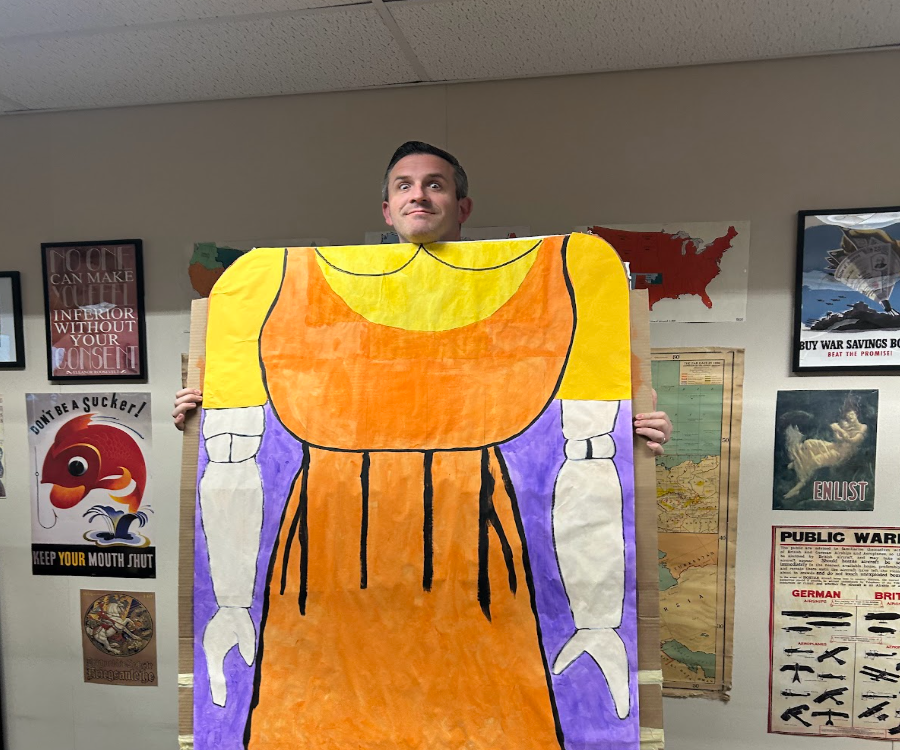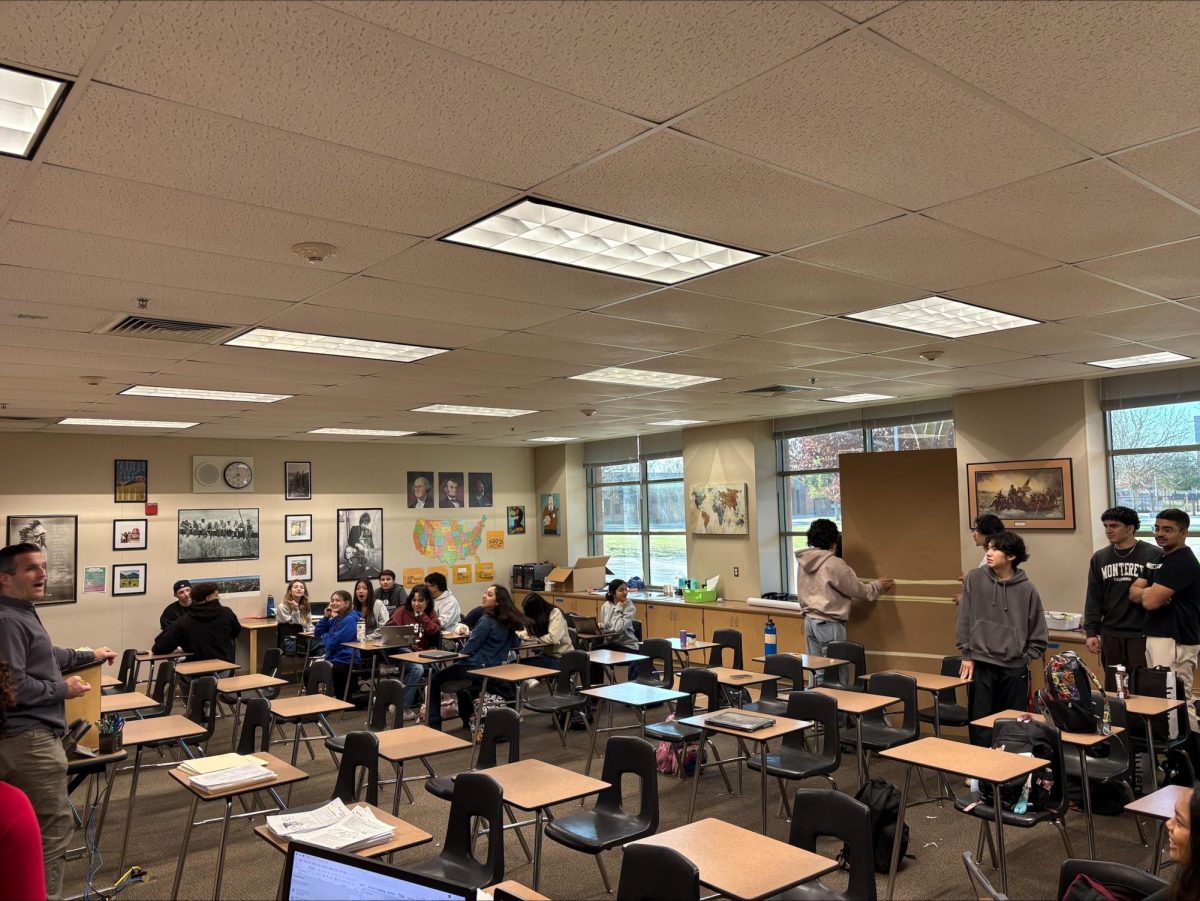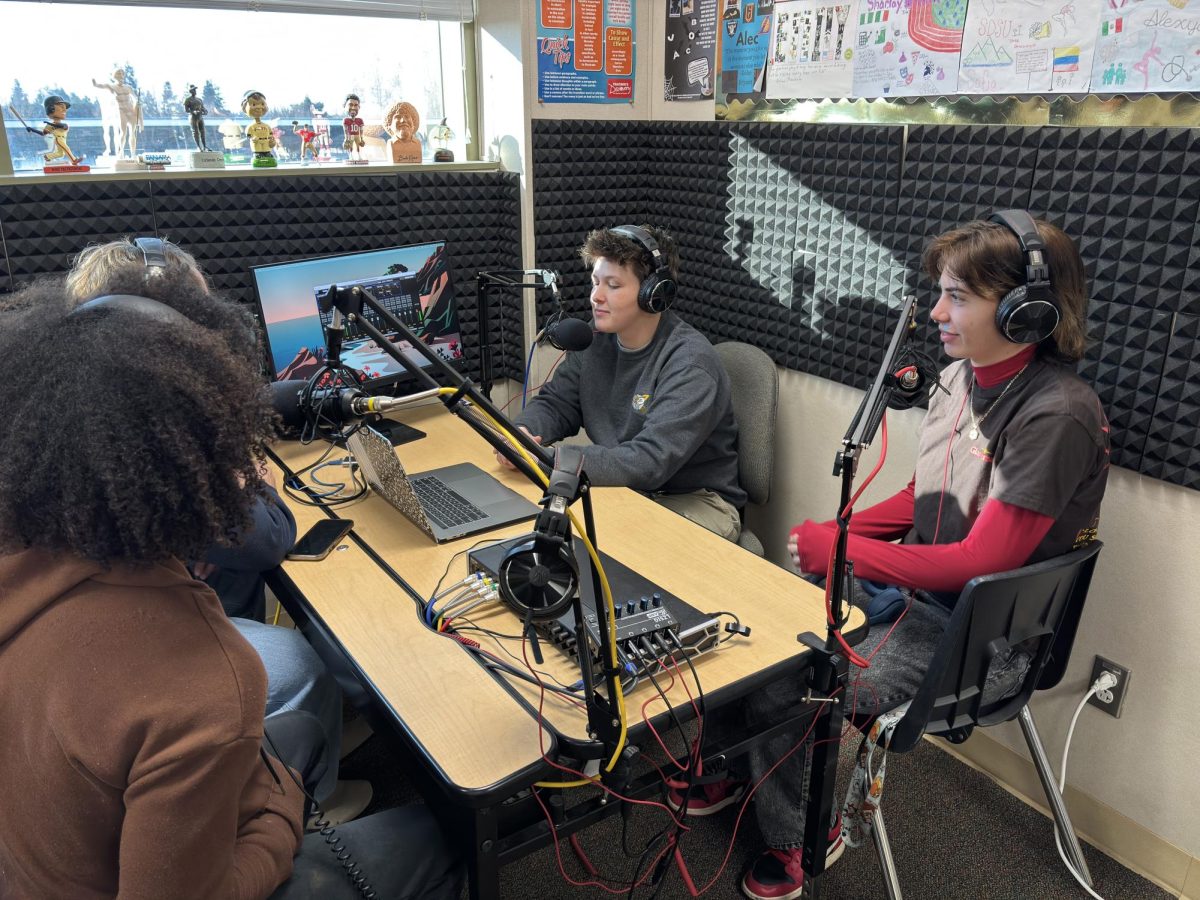Chromebooks: the plastic-covered internet-capable device that the school gives every student. They have a reputation of being slow, restrictive, and prone to suddenly not working.
To some students, this is not a problem. For others however, these problems present themselves as an extreme inconvenience.
Every student in the district is issued a Chromebook. They are to be used for homework and schoolwork primarily. Even with this simple goal, many students still find problems with Chromebooks, both unique and commonplace.
I started by interviewing Brenna Edwards ’25, one of the Enochs Leadership members regarding what she does with her Chromebook. She, like many other students, uses her Chromebook for homework and for her leadership. As part of leadership, Edwards ’25 manages student events and affairs, including the formal Back in Black School Dance last year.
Edwards ’25 also complained about her lack of admin privileges on certain groups. She elaborated her problem, stating that “I can’t make groups as part of leadership.” It caused her to make doing leadership more inconvenient to her. She also complained about problems with the School’s network.
“The connection is slow even when it says that it’s strong.”
Alongside connection issues, she additionally noted that the connection issues cause her problems when doing her homework on Pearson, stating that the issues cause the site to not process and to not load. She attributed the problem to the amount of students also using Pearson at the same time.
She also mentioned that she missed when CoolMathGames was not blocked and expressed her desire to use the site again.
I asked another student Caleb Collins ’26 about problems with his Chromebook. He also mentioned problems with Pearson, but he also mentioned a unique issue regarding tab management.
“Also, there was a problem I noticed with the Chromebooks… So, like, sometimes, when I try to click onto another tab, sometimes, it will just close immediately… So when I try to spam it [open] it will close like that.”
He proceeded to emulate using browser keyboard shortcuts what would happen. He would attempt to open a tab, only for it to close before it completely opened. The screen flashed white as the tab blinked open and close.
Many of these problems are unique, but there is a mainstream solution to issues regarding the Chromebooks that has yet to be attempted: Ad-Blockers. Used by millions, many Ad-Block users report a faster experience when using an Ad-Blocker, which can be installed using most browsers’ Web Store.
The problem with approving extensions like ad-blockers is that privacy concerns over using it can cause the administrators to doubt giving students this solution. Even though many teachers use it and some Ad-Blockers like uBlock collect no data whatsoever, student data must be treated with extreme care.
Mrs. Pezzoni is one of the teachers in the SSD Pathway, a pathway focused on computer technology. Regarding Ad-Blockers and extension approval, she stated,
“Students’ data is treated differently from teacher data. They need to make sure that the company is managing students’ data correctly.”
The school has encountered problems with student data management in the past before. For example, the school district had blocked the study website Quizlet due to student data privacy management concerns.
At the same time, there is the possibility of interfering with major company revenue when using an Ad-Blocker. Google is very open that their major source of revenue comes from online advertising; they have subsidiaries dedicated to online advertising known as AdSense and Google Ads. Google only makes money from online advertising when the ads are shown. YouTube, a subsidiary of Google, has been public with its corporate stance, stating that “Ad-Blockers are not allowed on YouTube.”
Even if advertising is Google’s main source of revenue, the Federal Bureau of Investigation warns citizens of the United States about online advertisements that fraud users by impersonating advertisements, recommending using Ad-Blockers to protect users from fraudulent advertising.
Ultimately, some students are apathetic to these problems. Natalia Villafan ’26 mentioned that “I don’t really care” when talking about Chromebooks. The Chromebooks do function to a point where work is submitted successfully most of the time.














